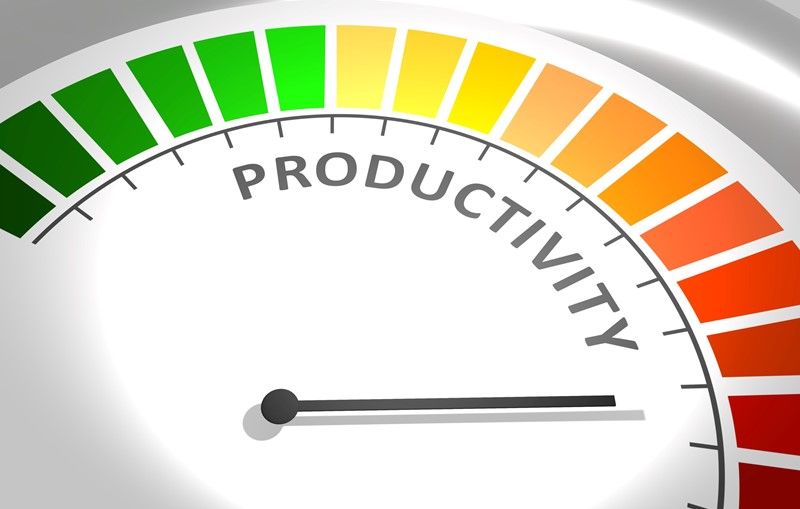Claiming for working at home
Employees who are working at home may be entitled to claim tax relief on certain work-related expenses. Where such costs are not reimbursed by the employer, either by direct payment or an allowance, employees can submit a claim for tax relief directly to HMRC.
Eligibility to claim tax relief applies when homeworking is a requirement of the role. This may be the case if an employee's job necessitates living at a distance from the office, or if the employer does not maintain a physical office. Tax relief is generally not available where homeworking is a personal choice, even if permitted under the terms of the employment contract or where the office is occasionally at capacity.
Employees may claim a flat-rate tax relief of £6 per week (or £26 per month for monthly-paid staff) to cover additional household costs incurred as a result of working from home, without the need to retain detailed expense records. The value of the relief depends on the individual’s highest marginal rate of tax, for example, a basic-rate taxpayer (20%) would receive £1.20 per week in tax relief (20% of £6). Alternatively, individuals may opt to claim the actual additional costs incurred, provided they can supply evidence to HMRC in support of the claim.
Backdated claims for up to four previous tax years are permitted.
Tax relief may also be available for the use of a personal vehicle be it a car, van, motorcycle or bicycle when used for business purposes. Relief is not available for ordinary commuting between home and a regular place of work. However, where travel is to a temporary workplace, or where the vehicle is used for other qualifying business journeys, tax relief may apply.
In addition, employees may claim tax relief on the cost of equipment purchased personally for work-related purposes, such as a laptop, office chair, or mobile phone, provided these are used exclusively or primarily for business use.




